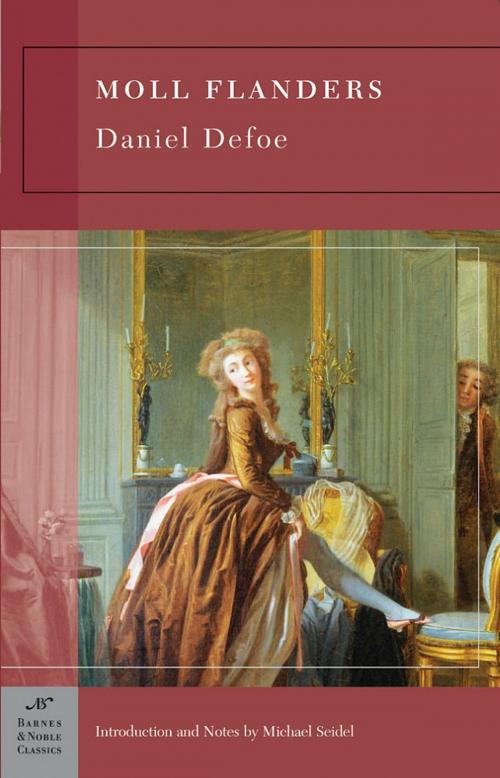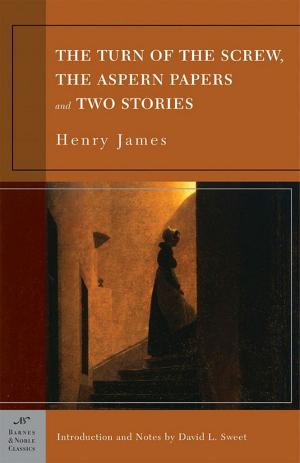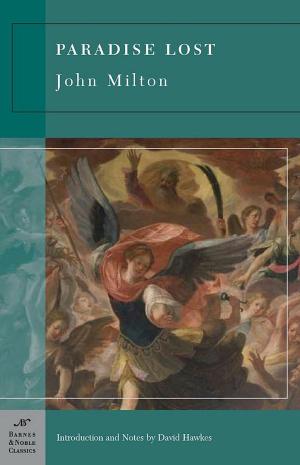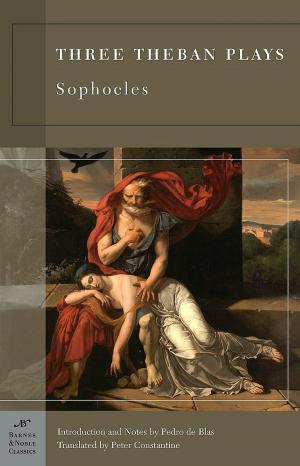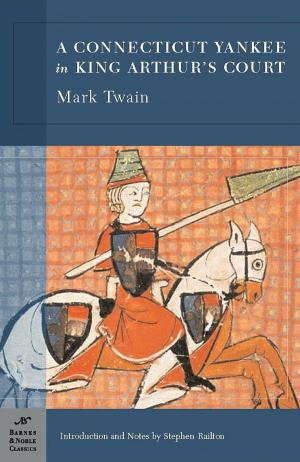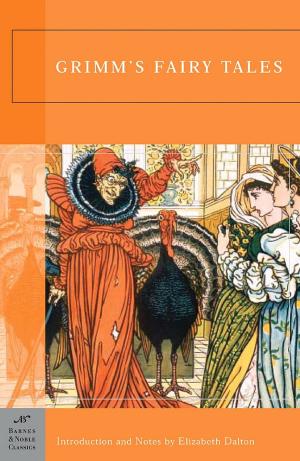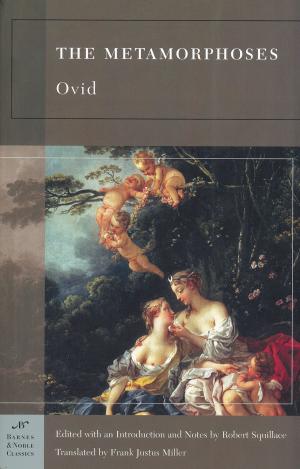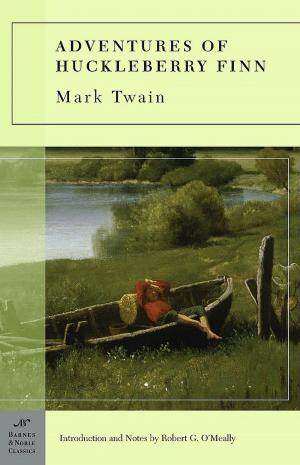| Author: | Daniel Defoe, Michael Seidel | ISBN: | 9781411432703 |
| Publisher: | Barnes & Noble Classics | Publication: | June 1, 2009 |
| Imprint: | Barnes & Noble Classics | Language: | English |
| Author: | Daniel Defoe, Michael Seidel |
| ISBN: | 9781411432703 |
| Publisher: | Barnes & Noble Classics |
| Publication: | June 1, 2009 |
| Imprint: | Barnes & Noble Classics |
| Language: | English |
Moll Flanders, by Daniel Defoe, is part of the Barnes & Noble Classics series, which offers quality editions at affordable prices to the student and the general reader, including new scholarship, thoughtful design, and pages of carefully crafted extras. Here are some of the remarkable features of Barnes & Noble Classics:
- New introductions commissioned from today's top writers and scholars
- Biographies of the authors
- Chronologies of contemporary historical, biographical, and cultural events
- Footnotes and endnotes
- Selective discussions of imitations, parodies, poems, books, plays, paintings, operas, statuary, and films inspired by the work
- Comments by other famous authors
- Study questions to challenge the reader's viewpoints and expectations
- Bibliographies for further reading
- Indices & Glossaries, when appropriate
All editions are beautifully designed and are printed to superior specifications; some include illustrations of historical interest. Barnes & Noble Classics pulls together a constellation of influences—biographical, historical, and literary—to enrich each reader's understanding of these enduring works.
One of the most determined, energetic, and lusty heroines in all of English literature, Daniel Defoe’s Moll Flanders will do anything to avoid poverty. Born in Newgate Prison, she was for twelve years a whore, five times a wife (once to her own brother), twelve years a thief, and eight years a transported felon in Virginia before finally escaping from the life of immorality and wickedness imposed on her by society. She is as much a survivor, and just as resourceful, as Defoe’s other great literary creation, Robinson Crusoe.
Celebrated as “a masterpiece of characterization” by E. M. Forster, Moll Flanders is both a cunning examination of social morés and a hugely entertaining story filled with scandalous sexual and criminal adventures. In Moll, Defoe created a character of limitless interest, in spite of her unconcealed ethical shortcomings. Taking Moll through the echelons of eighteenth-century English society, Defoe seldom moralizes as he champions the personal qualities of self-reliance, perseverance, and hard work—even when it takes the form of crime.
Michael Seidel is a Jesse and George Siegel Professor in the Humanities at Columbia University. He has written widely on eighteenth-century literature, especially on satire and on the early novel.
Moll Flanders, by Daniel Defoe, is part of the Barnes & Noble Classics series, which offers quality editions at affordable prices to the student and the general reader, including new scholarship, thoughtful design, and pages of carefully crafted extras. Here are some of the remarkable features of Barnes & Noble Classics:
- New introductions commissioned from today's top writers and scholars
- Biographies of the authors
- Chronologies of contemporary historical, biographical, and cultural events
- Footnotes and endnotes
- Selective discussions of imitations, parodies, poems, books, plays, paintings, operas, statuary, and films inspired by the work
- Comments by other famous authors
- Study questions to challenge the reader's viewpoints and expectations
- Bibliographies for further reading
- Indices & Glossaries, when appropriate
All editions are beautifully designed and are printed to superior specifications; some include illustrations of historical interest. Barnes & Noble Classics pulls together a constellation of influences—biographical, historical, and literary—to enrich each reader's understanding of these enduring works.
One of the most determined, energetic, and lusty heroines in all of English literature, Daniel Defoe’s Moll Flanders will do anything to avoid poverty. Born in Newgate Prison, she was for twelve years a whore, five times a wife (once to her own brother), twelve years a thief, and eight years a transported felon in Virginia before finally escaping from the life of immorality and wickedness imposed on her by society. She is as much a survivor, and just as resourceful, as Defoe’s other great literary creation, Robinson Crusoe.
Celebrated as “a masterpiece of characterization” by E. M. Forster, Moll Flanders is both a cunning examination of social morés and a hugely entertaining story filled with scandalous sexual and criminal adventures. In Moll, Defoe created a character of limitless interest, in spite of her unconcealed ethical shortcomings. Taking Moll through the echelons of eighteenth-century English society, Defoe seldom moralizes as he champions the personal qualities of self-reliance, perseverance, and hard work—even when it takes the form of crime.
Michael Seidel is a Jesse and George Siegel Professor in the Humanities at Columbia University. He has written widely on eighteenth-century literature, especially on satire and on the early novel.
